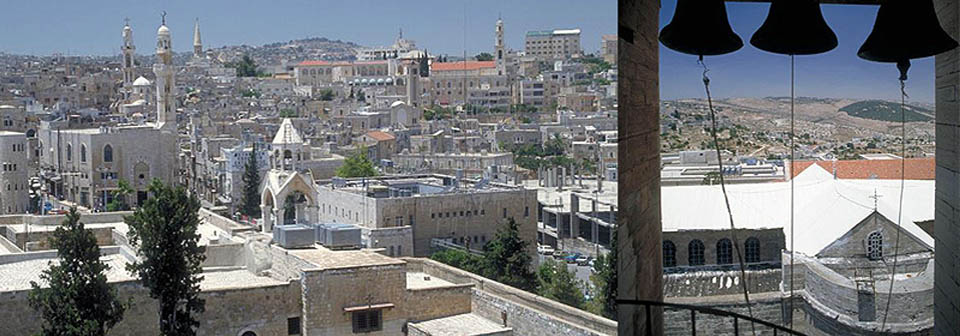Andrew March, the editor for Islamic books in the YUP series, World Thought in Translation, asked me to take on this project in 2014. I started the next year, but several obstacles came up along the way, most of them beyond my control. In the end, I was glad that his youngest daughter (whom I met with him at a lecture he was giving in October 2015 in Washington) was able to go over my translation with two other political science PhD friends. But a lot was going on in her life, between finishing up a PhD in Paris while caring for a young daughter, and still being involved in an NGO to help Muslim women in Tunisia. The process at YUP also took a lot longer than I thought it would. But it's now published. See it here.
This book is all the more poignant and timely now, however, because Ghannouchi was Speaker of Parliament when in July 2021 President Kais Saied dissolved parliament and took over the reins of political power. Political opponents were absolutely right in calling this a "coup." Ghannouchi wrote most of this book while imprisoned by former dictators in the 1980s (Habib Bourguiba, then Zine al-Abidine Ben Ali) because he had co-founded an opposition political party with Islam at its center. A moderate islamist (advocate of some form of political Islam), Ghannouchi articulates here the most comprehensive and convincing defense of democracy in the name of Islamic principles and values.
To find out more details about islamism in North Africa, Ghannouchi himself, the debate about "Islamic states," and finally, how Ghannouchi officially left "political Islam" behind in 2016, read my two trilogies of blog posts under the "Religion and Human Rights" section of my blog, starting in 2015. There is also, of course, my Translator's Introduction in the book itself, but from a different angle.







